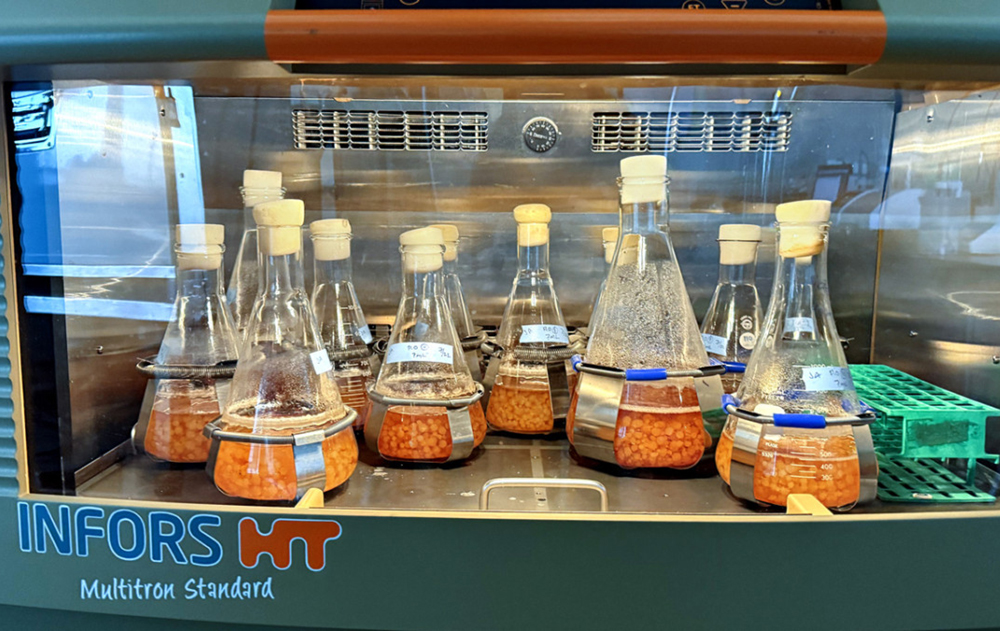

Nearly half of Gen Z Brits open to eating cell-cultivated meat, Ipsos research finds
Almost half of Generation Z consumers in the UK say they would eat cultivated meat products, according to new research from Ipsos, highlighting a potential growth market for alternative proteins among younger demographics despite widespread uncertainty about the technology.
The survey, conducted by Ipsos Observer UK among 1,098 adults between 13-16 June 2025, reveals that 47% of Generation Z respondents – defined as those aged 16-29 – say they would personally eat cultivated meat. This figure drops sharply among older age groups, with only 39% of Millennials (aged 30-45), 22% of Generation X (aged 46-59), and 21% of Baby Boomers (aged 60-75) expressing willingness to try these products.
Peter Cooper, Director of Global Omnibus Services at Ipsos, said the findings suggest real opportunities for cultivated meat companies to engage consumers. “Our Ipsos Observer UK research suggests there is a genuine potential growth market for cultivated meat in Britain, in particular among younger people,” he said. “With limited knowledge about cultivated, or ‘lab grown’ meat, there is a chance for producers to shape perceptions before it’s done for them. That being said, consumers do still have some concerns, in particular around the unclear long-term health impacts of cultivated meat. This will need to be addressed for perceived environmental upsides to be realised.”
Despite growing interest among younger consumers, the research highlights a significant knowledge gap among the wider UK public. More than half (58%) of adults said they know nothing about cultivated meat, including 33% who reported never having heard of it at all. Ipsos noted this offers producers a window of opportunity to “shape perceptions” before public opinion solidifies.
Among those who have formed opinions about cultivated meat, the strongest perceived benefit is animal welfare. One-third (33%) of respondents selected “not killing animals” as the main advantage, followed by perceptions of cultivated meat being more environmentally friendly (21%), reducing the risk of diseases transmitted from animals to humans (20%), requiring less land (19%), and emitting fewer greenhouse gases compared to conventional livestock farming (19%).
However, the technology is not without skepticism. Nearly half (48%) of respondents cited concerns about the unclear long-term health impacts of eating cultivated meat, while 42% view it as an unnatural food source. A quarter (25%) highlighted its current high production costs as another significant downside.
These findings come amid growing efforts by companies in the alternative protein sector to bring cultivated meat products to market in the UK and beyond. While regulatory pathways remain under development in many regions, early approvals in countries such as the United States and Singapore have fueled momentum and public curiosity.
Ipsos emphasized that producers must address consumer concerns, particularly around health and naturalness, if they hope to convert curiosity into widespread adoption.
“The data show an openness among younger generations that could drive market growth, but only if the industry can communicate safety, benefits, and affordability clearly and effectively,” Cooper said.
The research underlines the generational divide in attitudes toward food innovation, as well as the importance of education and transparent communication from cultivated meat producers. As the sector pushes toward commercial viability, engaging younger consumers could prove crucial in establishing a foothold in Britain’s evolving protein market.
If you have any questions or would like to get in touch with us, please email info@futureofproteinproduction.com

.png)






